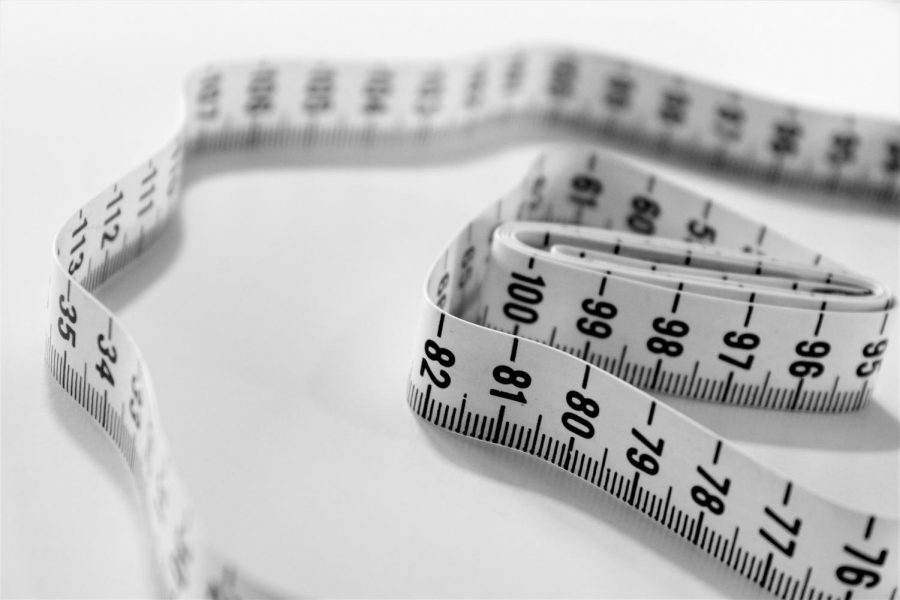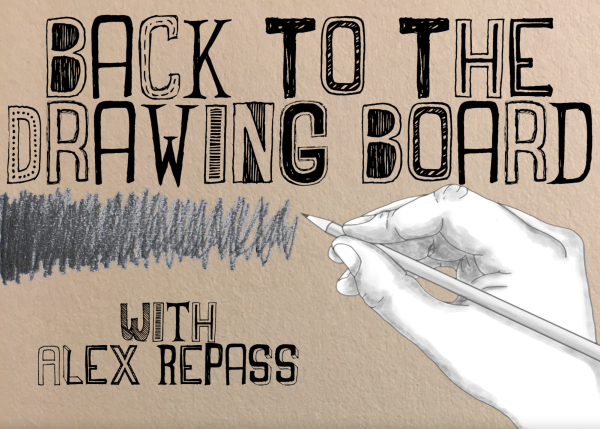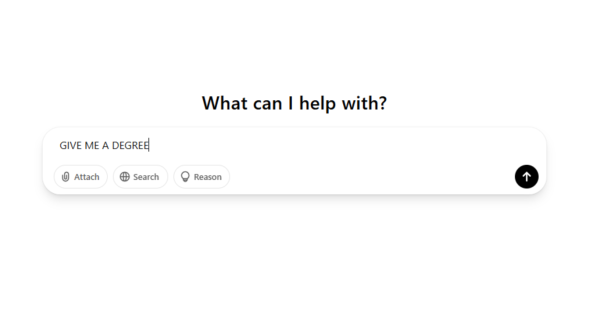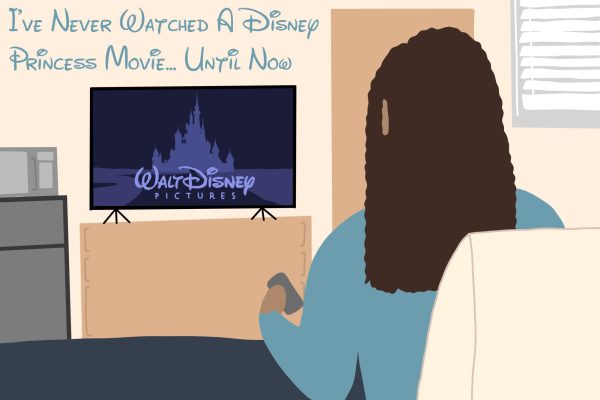Let’s talk about the big F-word
According to the CDC, obesity was prevalent in 42.4% of American adults in 2017-2018.
Let’s talk about the F-word. No, not that one, the other one. Let’s talk about being fat. That’s right I said it. I’m sick of how taboo the word fat has become. I am fat, I have always been fat but I haven’t been able to call myself fat without people almost 100 pounds less than me saying “no you aren’t, don’t say that.” But why? Why can’t I call myself fat when I am, objectively? It has taken me so long to get to a point where I can call myself fat aloud, so let’s talk about it.
Growing up, I was always the biggest person in the room. It was something I always noticed, whether it was in the classroom, a birthday party or even a store. I always scanned the room when I walked in to compare myself to my peers and constantly realized I weighed the most. Ten years later, I have come to realize this is not normal. People do not usually walk into a room and guess the weights of everyone occupying the space.
I have always struggled with my weight and looked at my body as something to be ashamed of. I don’t like eating in front of people because I am convinced they are thinking about how I am fat and judging what I have on my plate and how much of it I have. I try as hard as possible to not bring attention to myself in every situation I find myself in because I do not want people to see what I look like. I have never worn clothes that showed any glimpse of what my body actually looks like as a way to lie to everyone around me. Truly, the only person I was lying to was myself.
Of course, people could tell I was fat — wearing a baggy sweatshirt cannot cover up what the scale projects. Of course, summer would always creep up on me and quickly force me to shed my only shield as I physically could not keep a sweatshirt on. Aéropostale was my greatest enemy with its slim fit t-shirts that could barely hold one of my arms, but I was determined to fit in during elementary school. This resulted in me wearing shirts from the men’s section of the store. Looking back at pictures, I cannot help but shudder at what the way I used to dress.
If I could go back in time to 10-year-old Emily, I would tell her, “don’t worry, kid, it gets worse.” I find it necessary to point out that I was always active growing up. I played recreational sports during elementary school and went on to play softball and field hockey through middle and high school. I was working out regularly in high school but never lost a ton of weight. That being said, I would love to weigh the same as I did when I was in 6th grade, which would still be more than many of my friends weigh now.
Speaking of doing anything to lose weight, let’s talk about diets.
Something so familiar to fat people, especially fat children is the saying “it’s not a diet, it’s a lifestyle change,” which is not true. I know this because even during my “lifestyle changes” I would have “cheat days.” Dieting never worked. I never dropped the advertised inches off my waist. I have been wearing an XL shirt since at least sixth grade and I do not remember wearing anything smaller than an XL in my life. Now, I’m just done with diets. All they do is make me feel worse about myself as I stay the same weight, eating broccoli and closing my eyes as I try to convince myself it is a cookie.
The Body Positivity Movement has helped me view myself in a better light in the slightest bit. I actually wear tank tops and shorts that go above my knee. Even though I remain self-conscious the whole time I’m wearing them and wishing I put something else on, it is a step in the right direction that I put it on in the first place.
So, why am I writing about being fat now? It is not like I just realized I was fat. The reason I am bringing this up now is TikTok. I do not know if my TikTok “For You Page” knows I am fat but I do keep seeing bigger women on there. These women have become empowered by the Body Positivity Movement, which of course is a great thing. The problem lies within the comments.
I torture myself reading comments that I know will anger me, but I can’t help it, I love reading strangers’ drama. Most of the comments are centered on how unhealthy the woman in the video is and how she’s going to die early in life. I myself have been lectured about my cholesterol more times than I can count. A health-related comment could be true in some cases, but the issue is not whether a commenter is right or wrong. The issue is that they are saying it in the first place.
These commenters do not know her and will most likely never see her again, so why do they have to comment about her health? Why does this one person’s fatness affect other people’s lives? I do not understand why it matters if someone is fat, especially if that person is a stranger on the internet.
The absolute worst comments are on videos of women who are very clearly in the process of bettering themselves. Some people like to document their weight loss journey which I think is great and if I wasn’t so lazy, it would be some motivation to exercise. If a big woman posts a video of her exercising, there is no need for someone to comment on how being fat is bad. Obviously, this woman is doing exactly what is needed to become healthier, there is very little else she could do to achieve her goals.
What is the purpose of this article? I did not just write this to treat The Hawks’ Herald as a personal diary or to tell everyone about how I have self-image issues. I’m writing this article to let people know the experience of at least one fat kid’s childhood and her current experiences as a fat 21-year-old. Making fun of people for their weight is so overdone and I can promise you that you cannot comment anything worse than what a fat person has already thought about themselves.
Emily Dvareckas graduated from RWU in 2022 with a degree in forensic science. She spent three years with The Hawks’ Herald as the photo editor...







Susan Schechter • Feb 26, 2021 at 10:41 am
Far too much emphasis is placed on the exterior veneer of a person instead of what lies within. I’m sorry that you have been experiencing these feelings for most of your life. I hope you realize that you are a kind, caring, intelligent person with a giving heart and a compassion for others that is inspirational. For all those who choose not to see the inner beauty of another, are those who are missing out of so much of life. They are to be pitied. You are to be commended for your bravery, strength and courage of convictions.